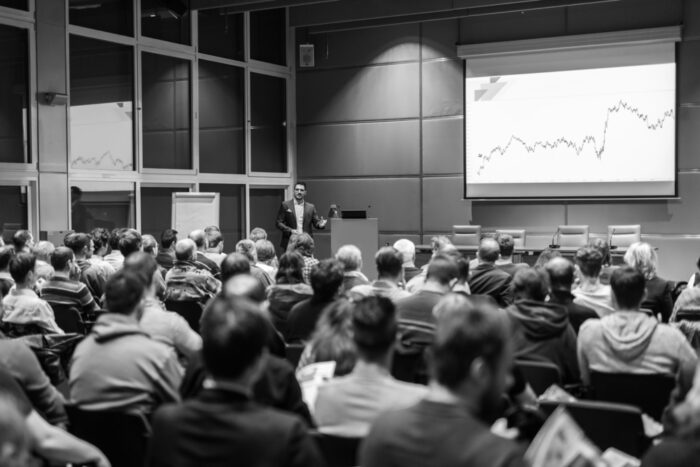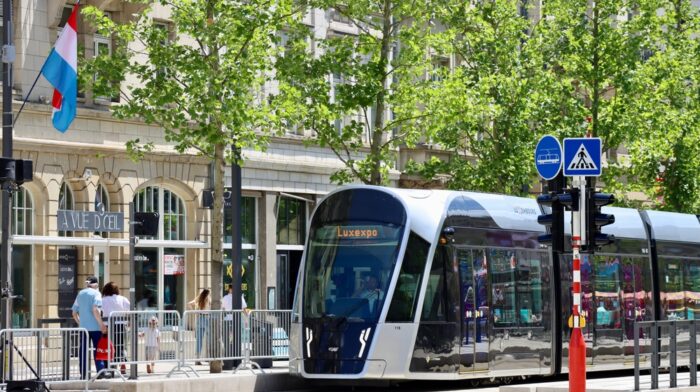The Progressive Post
European agriculture: it’s about farmers’ income, stupid!

On 6 February, European Commission President Ursula von der Leyen announced the withdrawal of the Commission’s proposal to reduce the use and risk of pesticides. This unilateral decision undermines an essential part of the implementation of the European Green Deal. By the same token, French Prime Minister Gabriel Attal suspended the so-called ‘Ecophyto plan’, which aimed at reducing the use and risk of pesticides, only to go back to taxing off-road diesel for farmers.
Meanwhile, in Budapest or Brussels, on a tractor or among the protesters, Hungarian Prime Minister Viktor Orbán poses ‘by the side of the people’ in populist impulses against other European leaders. His Italian counterpart, Giorgia Meloni, hailed von der Leyen’s decision on pesticides as a ‘victory which is also the victory of our government’. At the same time, Italy has just obtained increased aid for its agriculture.
‘Leave the farmers alone’, as the French Minister for equality between women and men, Aurore Berger said, seems to be the mantra of European conservative and populist leaders following the farmers’ protests in Europe. All these leaders, and the members of European Parliament from their parties, have voted in the Council and the European Parliament the latest reform of the Common Agricultural Policy (CAP). However, blaming Europe for all agricultural dysfunctions is still a very convenient solution. But this will not solve the real problems of European agriculture.
For us, European Socialists, back-pedalling on plans that were carefully thought out and agreed upon a long time ago to reduce our dependence on polluting agriculture is not the solution. It jeopardises the health of our farmers, our consumers and our planet. As stressed by Iratxe García, President of the S&D Group in the European Parliament, “the agricultural sector needs the European Union as much as our Union needs sustainable agriculture”. Overcoming the agricultural crisis must be done with Europe, with a fair Green Deal, with a reform of the CAP, as well as with initiatives to manage food supply chains better and avoid sectoral monopolies and speculation on food commodities. Overcoming the agricultural crisis cannot be achieved by downgrading European standards, especially since the crisis is, above all. a crisis of agricultural income.
For this reason, at the European Committee of the Regions, we make three key requests:
First of all, we believe that the European agricultural crisis cannot be resolved sustainably if we do not drastically reduce social inequalities and stark injustices within the agricultural economic model. We, therefore, propose to rebalance the direct payments of the CAP by imposing redistributive payments favourable to small and medium-sized holdings and by capping payments to larger farms, as eight member states already do. In 2019, 80 per cent of direct payments were made to 20 per cent of large agricultural enterprises. These constant income inequalities are unacceptable. Aid per hectare must also, after a transitional period, give way to aid based on the labour intensity of farms and compliance with environmental and social conditions linked to the European Green Deal.
Secondly, we must regulate unbridled international competition and end big multinational speculation on the international food market. Food is not a product like any other. European food sovereignty is a common good. And farmers need protection. It is therefore necessary to re-establish market regulation mechanisms and regulatory protections to ensure that all food producers in the world shift toward a more sustainable agriculture. Europe cannot ask farmers to make efforts in terms of environmental impact or public health, and, at the same time, allow the importation into Europe products that do not meet our standards. We need to bring coherence to this policy. The CAP must no longer make contradictory demands to farmers!
Finally, climate change is here. It is irreversible, and farmers are on the front line enduring its effects. In the face of the movement of angry farmers, some stakeholders push to bring down all so-called barriers to growth by calling for unlimited access to water and diesel, an unbridled use of pesticides, an end of herd size limits, no size specifications for agricultural buildings and so on. However, any increase in production will only aggravate the problem of farmers’ income because it will primarily benefit agribusiness. We request a regionalisation of the aid for greening, the second pillar of the CAP. This will enable us to support farmers by significantly reducing their costs, and, thus, increasing their incomes. Moreover, with the substantial increase in aid for the installation of young farmers on new farms, we would have a more sustainable model of agriculture with little or no loss of production volume at the European level.
These are the points Ursula Von der Leyen, Orbán or French President Emmanuel Macron should have the courage to defend during the next negotiations on the future Common Agricultural Policy to end the current agricultural status quo, which depopulates our rural areas, devalues the essential work of our farmers, nourishes discontent and destroys our planet. As European Socialists, this is what we will defend.
Photo credits: Shutterstock.com/xavier pironet




